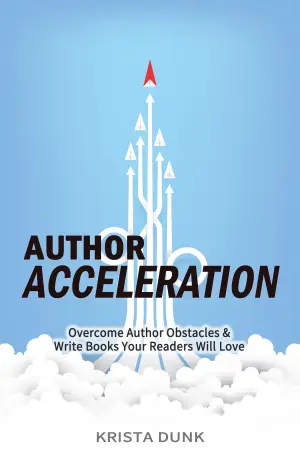Book Review: The Keeper of the Glass House by Lynda Cohen Loigman
As a longtime aficionado of historical fiction, I often find myself drawn to narratives that bring to life the complexities of our past, reminding us of the resilience of the human spirit. Lynda Cohen Loigman’s novel, The Keeper of the Glass House, caught my attention not only because it focuses on a Holocaust survivor, but also because it explores the little-known heroics of Miklós Kraus, who ingeniously turned an old glass factory into a sanctuary during one of humanity’s darkest hours. From the moment I began reading, I felt an overwhelming sense of urgency and hope entwined in Kraus’s story.
Set against the backdrop of Budapest in 1944, the novel illuminates the insidious creep of Nazi terror into a city that many believed would be spared. Kraus, a young Jewish activist, is depicted with a resourceful spirit as he grapples with the dire circumstances surrounding his community. The journey of securing a safe haven—dubbed "the Glass House"—and his collaboration with the Swiss consulate showcased a mix of audacity and determination that I found both thrilling and heartbreaking.
What struck me about Loigman’s writing style was her ability to weave historical detail with rich characterization. Each page burst with vivid descriptions that transported me straight to the streets of Budapest, filled with fear and uncertainty. The pacing was brisk yet reflective, allowing me to feel the weight of every choice Kraus made—decisions that could mean the difference between life and death for so many. Notably, I appreciated how Loigman tackled complex issues within Jewish society in Hungary, offering a layered portrayal of the cultural and social dynamics at play.
The dual narrative structure of the story, shifting between young Uri in 1972 and his poignant conversations with the elderly Kraus, added depth to the historical framework. This technique not only enhanced the storytelling but also allowed for a richer exploration of how trauma and memory can shape generations. A reviewer aptly described it as "historical fiction at its finest," and I couldn’t agree more; this book is educational but remains deeply engaging.
Loigman’s tender prose resonated with me, especially in moments that spotlighted both the horror and humanity intertwined in the Holocaust experience. One memorable line really stuck with me: “In the face of darkness, it is the glimmers of courage that ignite the soul.” This sentiment encapsulates the essence of the story and the indomitable spirit of those who resist oppression, even when the odds seem insurmountable.
If you’re someone who enjoys history tinged with hope, characters who embody resilience, or simply a well-crafted narrative that will stay with you long after the final page, The Keeper of the Glass House is a must-read. It’s not merely a tale of survival, but rather a tribute to the obscure heroes who dared to flicker against the darkness during a time when humanity desperately needed saving.
In reflecting on my experience with the novel, I felt an emotional awakening—a reminder of the importance of remembrance and the courage that ordinary individuals can summon in extraordinary times. Loigman has crafted a beautiful tribute that invites us all to remember the past, and perhaps inspires us to act in our own lives today. Whether you’re a history enthusiast or someone looking for a compelling story, I wholeheartedly recommend diving into this masterpiece. You won’t just read a book; you’ll witness the endurance of the human spirit unfold before you.






